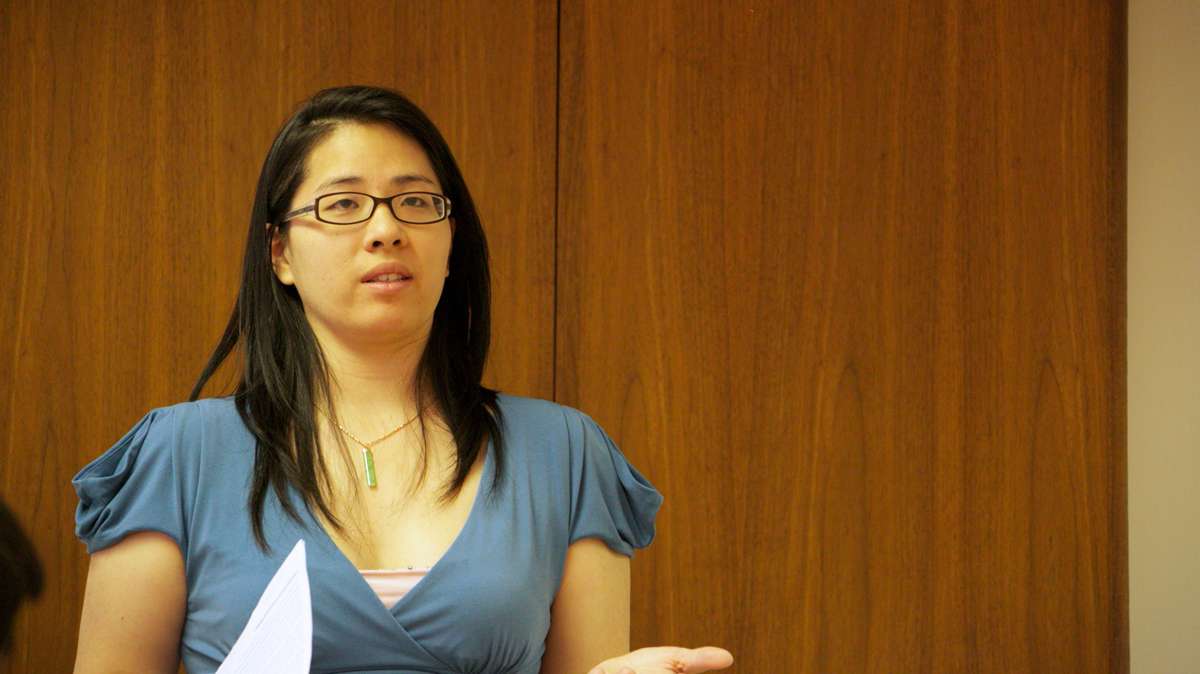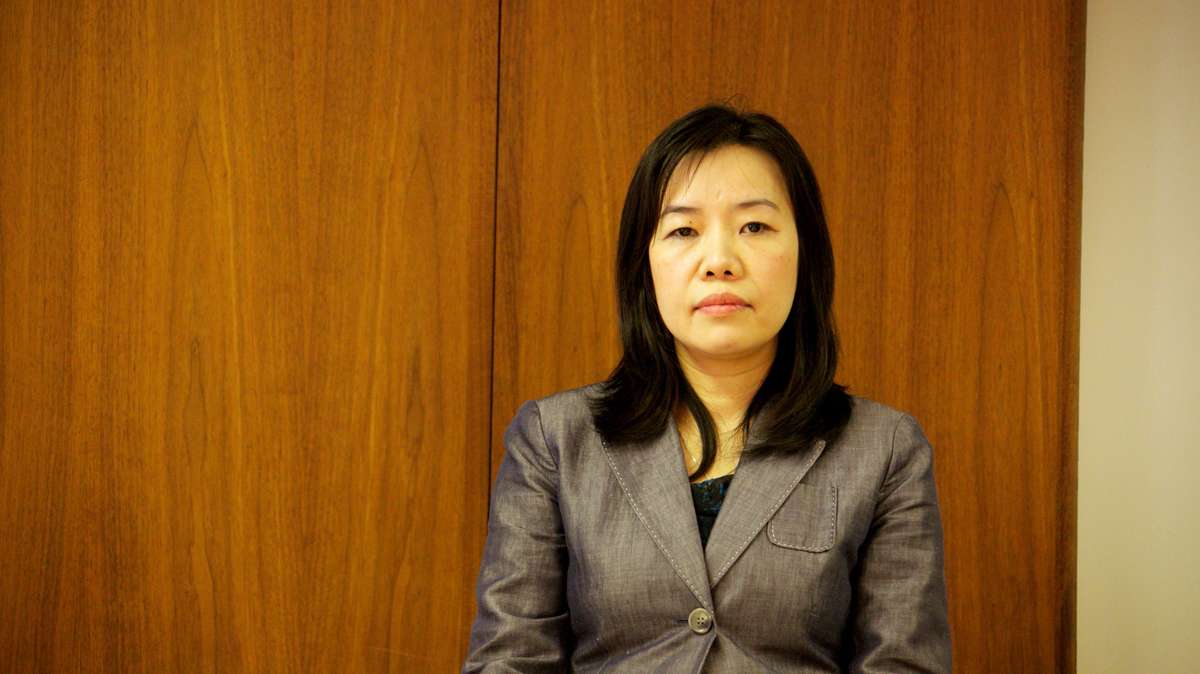Asian American voters not getting language help at Philly polls, complaint says
The Asian American Legal Defense and Education Fund has filed a complaint against the City Board of Commissioners over what it says has been inadequate access for Asian-language speakers at the Philadelphia polls.
The complaint to the Pennsylvania Human Relations Commission argues that the city has failed to take steps to improve language access.
An American citizen originally from Vietnam, Hong Nguyen said that poll workers on Election Day in 2012 were initially unable to find her name on the voter rolls. Her limited English meant she couldn’t communicate with them.
“The whole event lasted the whole day and it was very tiresome,” she said through an interpreter. “I hope that next time it will be easier.”
Poll watchers identified problems throughout the city during that general election and again during the 2013 primaries, said Jerry Vattamala, an attorney for AALDEF.
“Every election that goes by is an election where thousands and thousands of eligible citizen voters are being denied the right to vote,” he said.
City Commissioner Al Schmidt said the office, which oversees elections, has not yet received a copy of the complaint. In the past, he said, the office found most voters AALDEF reported having been turned away were not registered, registered in other states or at the wrong polling place.
Commissioner Stephanie Singer acknowledged that it’s often difficult to find information on the city’s phone translation service, which it makes available at every voting location.
“I know, from personal experience, I’ve often walked into polling places where those [translation service] cards are not on the table,” she said, but added that the office has “taken steps” to educate poll workers.
Locating interpreters to staff the polls has been difficult, she and others in the commissioners office said.
“Finding someone who will work all those long hours for $75 a day is not that easy,” Singer noted.
“We have stressed that we will train and pay as many people as they [the plaintiffs] provide,” her colleague Schmidt said.
Both stressed that the city is meeting its requirements under the Voting Rights Act to provide Spanish translation and interpretation, as required for any language group that makes up more than 5 percent of the population.
WHYY is your source for fact-based, in-depth journalism and information. As a nonprofit organization, we rely on financial support from readers like you. Please give today.









